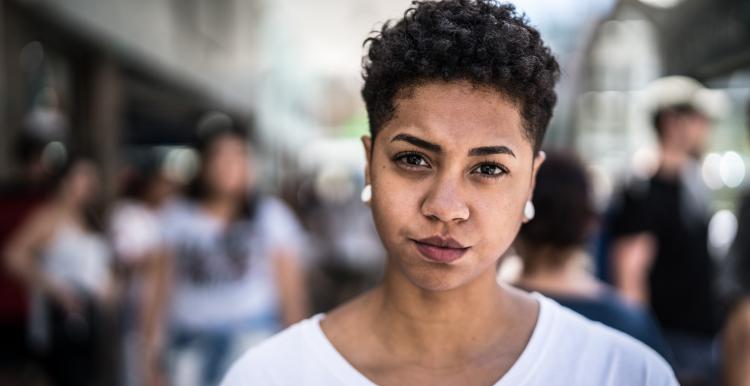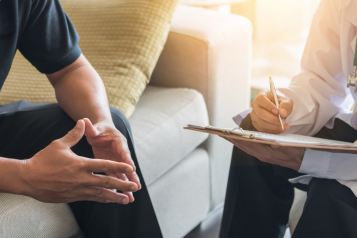Covid-19’s impact on the mental health of children and young people

Research from the Care Quality Comission (CQC) in 2021 discovered where children and young people’s mental healthcare and services are both struggling and improving.
What is the Care Quality Commission (CQC)?
The CQC is the independent regulator of health and adult social care in England. They make sure health and social care services provide people with safe, effective, compassionate, high-quality care and encourage care services to improve.
The CQC does the following:
- Registers care providers
- Monitors, inspects and rates services
- Takes action to protect people who use services,
- Publishes views on major quality issues in health and social care.
Want to know more about the CQC? Find more information on their website.
Where mental health care and support services are struggling:
- The pandemic has led to an increased demand on services, particularly eating disorder services.
- Services have also struggled to meet demand. Not only did this increase the risk of children and young people’s symptoms worsening and reaching crisis point, it also led to them being cared for in unsuitable environments.
- Communication, both between services and with families, was mixed, with some people not always aware of what support was available.
- The pandemic has also shone a light on, and exacerbated, health inequalities faced by some children and young people, in particular those people living in deprived areas.
Where mental health care and support services have heightened in innovation and learning:
- Digital technology enabled services to adapt almost overnight, ensuring continuation of care and, in some cases, increasing support for children and young people in comparison to pre-pandemic levels.
What young people and children have to say about fewer face-to-face appointments, increase in video and telephone appointments, and the need to wear masks:
- 40% are fine with these changes
- 45% are not fine with these changes
- 25% feel horrible about the changes
- 50% were not told why changes to their care had been made
Read the review in full on the CQC website
During lockdown Davina’s school moved to online learning. Due to an issue with students misusing cameras during lessons, the school made the decision that children were not able to have their cameras on. Although there were no obvious signs that Davina was hiding anything, because the teachers were not able to see her they did not find out that she had lost a significant amount of weight until a number of months later. This may have been a barrier to her seeking help.
Looking for Mental Health Support in Greenwich?
NHS Urgent Mental Health Support Line
Find a local NHS urgent mental health helpline (England only)
NHS urgent mental health helplines are for people of all ages.
You can call for:
- 24-hour advice and support - for you, your child, your parent or someone you care for
- help to speak to a mental health professional
- an assessment to help decide on the best course of care
Greenwich Time to Talk (GTTT)
Greenwich Time to Talk is provided by Oxleas NHS Foundation Trust. It offers free, time limited cognitive behaviour therapy (CBT) and counselling support for people over 16 who live, work or are registered with a GP in Greenwich.
For more information and contact details visit Greenwich Time to Talk.
Lewisham, Greenwich and Southwark Samaritans
For round the clock help and support if something is troubling you or you’re going through a difficult time, contact the Samaritans. You can call their free helpline any time, day or night, 365 days a year on 116 123.
Kooth
Kooth is a new free and anonymous online counselling service, that is, available to 11 to 19 year olds
